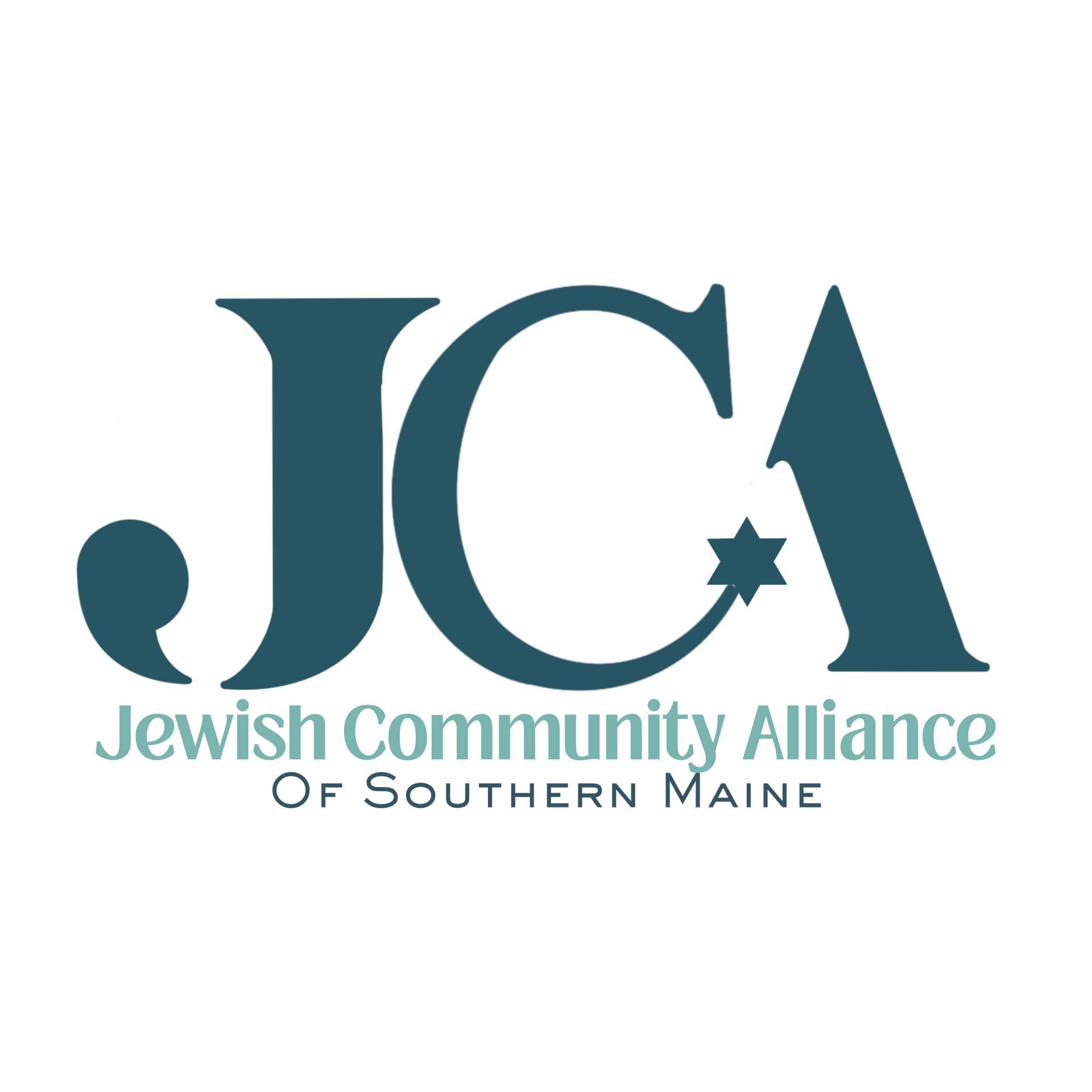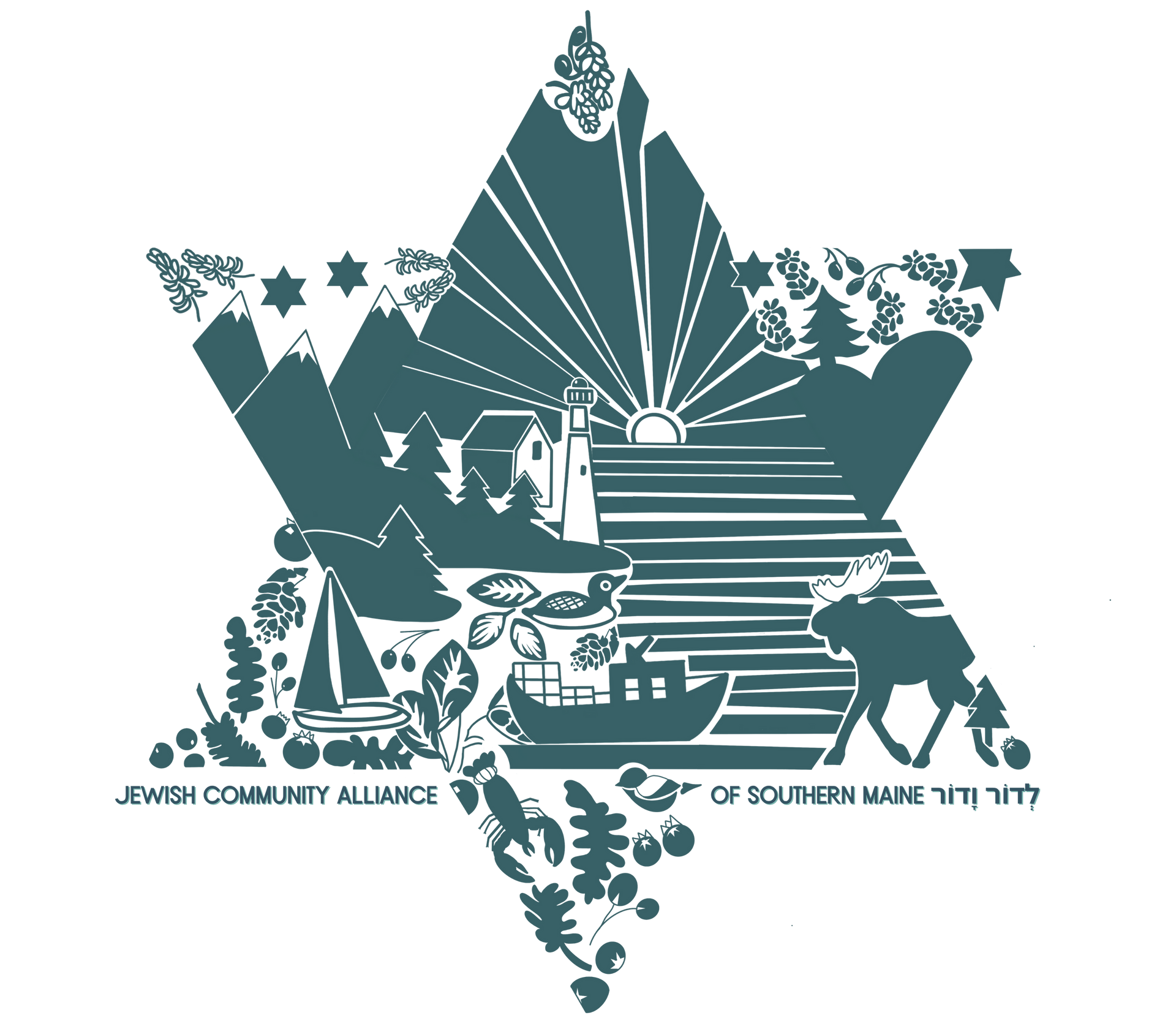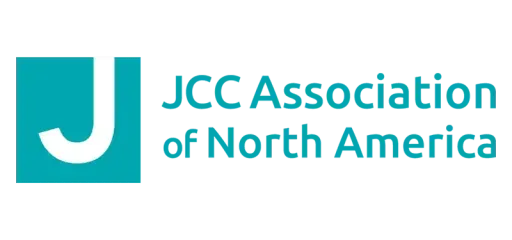In the News This Week
Check Out What's Going on In the World
In more somber news, the Harvard Antisemitism Taskforce released its long-awaited, 311-page report on antisemitism at the university. The report documents widespread bias and intimidation against Jewish students: nearly 60 percent of Jewish students at Harvard said they had experienced “discrimination, stereotyping, or negative bias on campus due to [their] views on current events.” According to the report, 73 percent of Jewish students expressed discomfort sharing their political opinions, while 75 percent believed there was an “academic or professional penalty” for expressing their views at Harvard. Jewish students also said they had begun concealing their identity from classmates.
A few specific incidents:
- A student was told by another student at Harvard Medical School on their first day that “Zionists are not welcome at HMS.”
- Many students reported losing their entire friend groups after actions such as defending an Israeli student’s right to study on campus or appearing in a picture with an Israeli student.
- In response to a friend who knew two people who were murdered at the Nova music festival, one student reported a close friend said, “I mean, I guess that sucks, but what did they expect?” Another student asked: “Do you believe in decolonization in theory or in practice?”
- Another student states “I don’t even know if I’m a Zionist. But I’m a Jew and I’ve learned that is enough to make me no longer worthy of their friendship or even basic kindness at school.”
The report recommended reforms include addressing admissions, increasing training, and advancing pluralism on campus. We know these same problems exist at universities in Maine—we ask that any high school or college students who has experienced antisemitic harassment reach out to our new JCRC Director, Zach Schwartz, who is currently documenting incidents of antisemitism throughout the state in order to effect change (contact us at jca@mainejewish.org).
1. One last reminder to vote in the World Zionist Congress! Voting closes this Sunday, May 4. By voting, you will be able to choose one of the many slates representing diverse political beliefs and religious denominations, in order to set policies regarding key Jewish institutions and allocate over $1 billion to support Israel and world Jewry. Visit ZionistElection.org to vote this weekend.
2. To honor Jewish American Heritage Month, the nonprofit group The Artists Against Antisemitism has created a curated list of books about Jewish artists/artistic practice, from multiple disciplines. Check out the list here—you may find your next book or a great gift.
3. Also in honor of Jewish American Heritage Month, check out this
free online cookbook, compiled by Jewish chefs from around the country, that celebrates the diversity of Jewish America: from an “Iraqi Salmon” dish inspired by a chef’s Persian-Iraqi-Jewish heritage, to good old-fashion Ashkenazic chicken soup, to “Marzipan Challah” created by famous Jewish-Chinese chef Molly Yeh.







